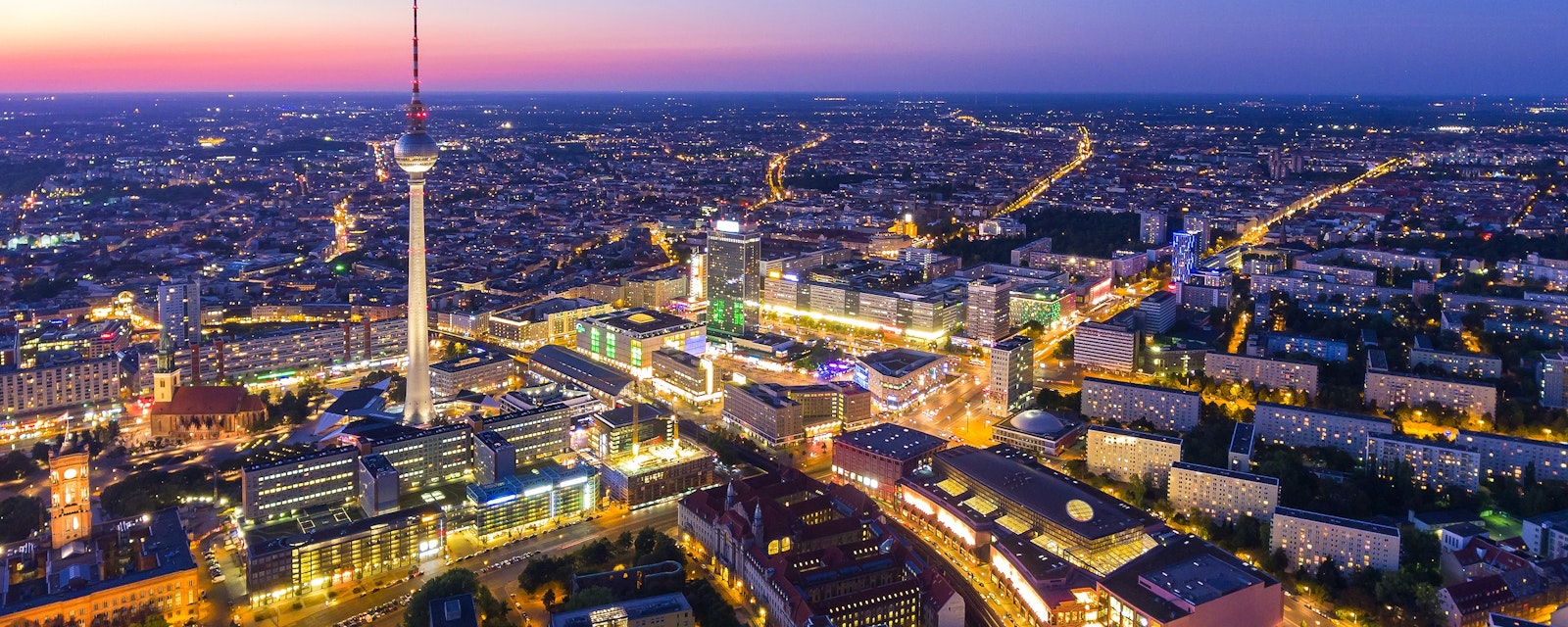Chancellor Olaf Scholz’s traffic light coalition has agreed on a plan to phase out fuel heating systems in private houses. This follows last week’s agreement on a set of measures to boost the green infrastructure transition, achieved after days of protracted talks.
However, financing a support package for households is already creating new rifts, especially between the Greens and the fiscally conservative Liberals (FDP). The latter continue to struggle in the polls and appear to have been supported by Scholz and his Social Democrats (SPD).
As of 2024, new heating systems in private houses will have to run on at least 65% renewables, as already agreed in last year’s coalition treaty. However, there will now be transition periods in which the equal replacement of broken oil and gas heating systems is permitted as long as they will be upgraded later. This marks a compromise to unlock draft legislation prepared by the Greens’ Economy Minister Robert Habeck – initially envisaging a plain ban on all gas heating systems by 2024 – which had been stuck in cabinet, adding to recent coalition tensions. However, the question of financial support for lower income groups has been creating renewed Greens-FDP tensions during the weekend.
Beyond the heating question, sectoral emissions reduction targets – as introduced by the previous grand coalition’s climate protection law – will become more flexible, allowing the balancing of slower progress in some areas (such as transport) with faster reductions in other parts of the economy. Meanwhile, extra investment into the country’s dysfunctional railway system will be financed by an expansion of the highway toll system payable by commercial lorries.
One reason for the coalition’s recent problems is geopolitical. Scholz’s incoming government had just agreed to begin the search for a new industrial model for Germany when Russia invaded Ukraine. The response to this challenge on the international stage as well as in terms of domestic energy prices, inflation, and military spending, has since been at the center of political attention. With the agreements hammered out over recent days, the coalition is somewhat returning to its initial mission.
However, this process was always likely to entail political contestation. The FDP will continue to provide a counterpoint to the bold and publicly financed green measures desired by the Greens and several of Germany’s European partners. Finance Minister Christian Lindner continues to push cabinet colleagues to limit their spending plans in preparation of a return to the “debt brake” in the 2024 budget. While this overall situation has led to criticism of Scholz’s leadership, the reality is that political majorities remain difficult to envisage without the inclusion of fiscally conservative views.
The FDP surprised with its popularity among younger voters in 2021, but this has not immediately transformed it into greener, Macron-type liberals. The party’s travails are typical of the current programmatic challenges experienced by many center-right parties in Europe amid climate change and doubts over globalization. Yet if governments depend on center-right support in parliament, this will limit their ability to comply with bold green demands in the meantime.
Against this backdrop, Scholz appears to be interpreting leadership in a way that is focused on careful balancing. Despite disappointment for green constituencies, on average, German voters appear to think differently. The only politician beating Scholz to the title of most popular politician is new Defense Secretary Boris Pistorius.




